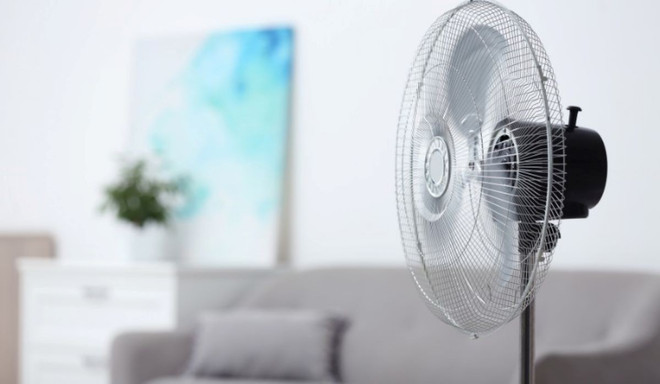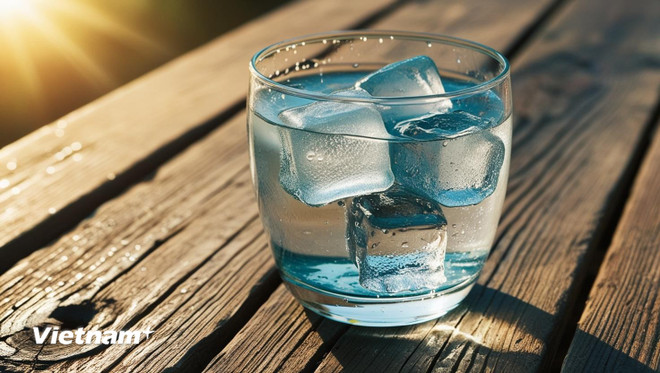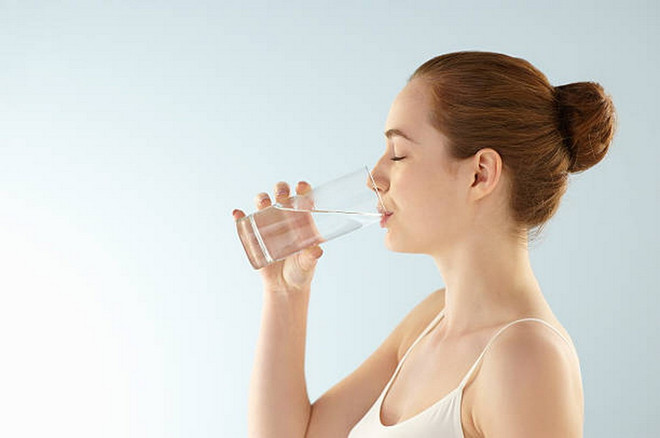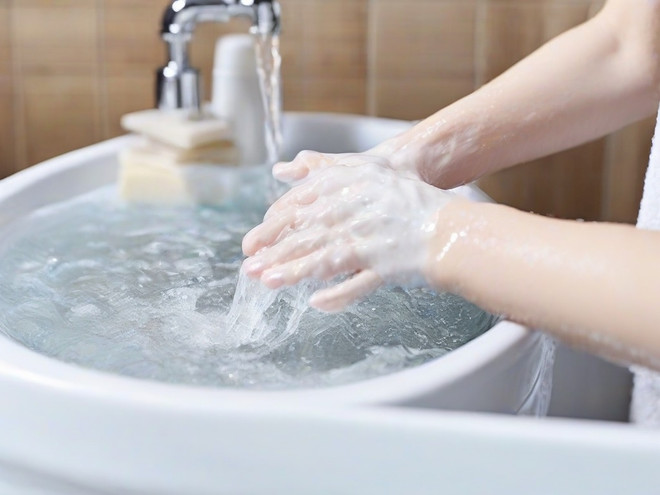Summer colds are quite common, often appearing on hot and humid days. Many people mistakenly believe that colds only occur in winter. However, reality has proven that this assumption is incorrect.
1. What are the symptoms of summer cold?
Summer cold is a common cold that occurs during the hot weather typical of summer. This is a condition that many people often encounter, although it is often considered to only appear during the cold days of winter.
The signs and symptoms of a summer cold are often similar to those of the common cold, including:
- Runny nose, can see mucus running out.
- Nasal congestion causes difficulty breathing.
- Sneezing continuously.
- Headache, dizziness.
- Cough, sore throat, itchy throat may occur.
2. Causes of colds in the summer
The common cold is mainly caused by respiratory viruses, while changes in weather do not directly cause this disease. However, on cold winter days or when the air becomes dry, viruses can easily thrive, so the incidence of colds also increases in winter.
During the summer, cold viruses are transmitted in many different ways. They can be transmitted from an infected person through shaking hands, droplets from saliva, or touching contaminated surfaces or objects.
In addition, unclean living and working environments, using contaminated water sources or sharing personal items with sick people also increase the risk of catching a cold.
Although the main cause of summer colds is still viruses, external factors such as the environment and the following living habits also contribute significantly to increasing the likelihood of infection.
Use fans frequently and at high power
Using a fan at high power for a long time is often considered an effective way to combat the sweltering heat of summer. However, few people realize that this habit can negatively affect health, leading to dehydration, constant fatigue and lethargy, and creating a favorable environment for harmful bacteria to invade, causing many health problems.

Use air conditioning at low temperatures
When using air conditioners, a common habit is to lower the temperature too low, causing the body to easily fall into a state of difficulty adapting when leaving the room and facing the outside temperature.
This sudden temperature difference leads to a thermal imbalance in the body, impairing its natural ability to regulate body temperature.
This is one of the leading causes of colds in the summer, especially when the immune system cannot react to sudden environmental changes.
Long bath time
In the summer, when the outdoor temperature increases sharply, causing a feeling of heat and discomfort, the body easily becomes dehydrated, bathing becomes an effective way to cool down and is chosen by many people. However, soaking in water for too long can have a negative impact on health, causing the body temperature to drop too much and easily leading to a cold.
Abuse of ice and cold foods
Ice, ice cream and cold drinks are all familiar foods, especially popular during hot summer days. However, excessive use of them can damage the throat and increase the risk of related diseases.

3. How long will a summer cold last?
According to experts, the duration of a cold depends on the age and health of each person. Usually, a cold will last about 10 days, and symptoms can gradually improve after about 7 days. In children, the disease often subsides faster than in adults.
However, if you know how to take care of yourself and apply appropriate treatments, you can completely shorten the recovery time.
4. How to treat summer colds?
Unfortunately, catching a cold during the hot summer days is certainly not a pleasant experience. However, you can completely apply a few simple measures below to quickly improve your health condition.
Get plenty of rest
Your body needs rest to restore energy, re-establish balance and strengthen your immune system. Stop any physical activity that may cause you to feel exhausted and lose strength.
Drinking water
During hot summer days, the body easily becomes dehydrated, leading to a risk of aggravating the cold. Therefore, it is necessary to ensure adequate hydration for the body. You can choose filtered water or fruit juice, both of which are good for your health.

Use nasal spray
Nasal sprays today are divided into different groups based on their uses and intended use.
Some products simply play a supporting role in cleaning the nose and throat area, helping to remove dirt, bacteria or irritants.
Meanwhile, some other products are specially designed to not only help improve discomfort but also effectively support the treatment of respiratory-related diseases, from mild problems to more complex conditions.
Examination and treatment
Colds can last longer and become more serious if not properly cared for and treated. Therefore, you should go directly to medical facilities to have your health checked and receive appropriate prescriptions, helping to ensure safety and a quick recovery.
5. Prevent colds in the summer
To protect the health of ourselves and our families, we need to proactively apply disease prevention measures to prevent the risk of disease.
Wash hands the right way
Keeping your hands clean is considered one of the most effective ways to limit the spread of harmful bacteria. Not only in the summer, but also at other times of the year, using soap or hand sanitizer is necessary to clean your hands.

Take vitamin supplements
Vitamins are very useful in strengthening the body's immune system. When you have good resistance, you will be able to fight against the invasion of bacteria and pathogens from the outside.
Vitamins can be found in foods or supplements, but consult your doctor to determine the appropriate amount of vitamins to supplement your body.
Limit exposure
You should avoid close contact with sick people, do not shake hands or touch their nose or mouth to minimize the risk of infection./.
Source: https://www.vietnamplus.vn/vi-sao-giua-mua-he-nong-buc-van-de-bi-cam-lanh-post1042006.vnp


































































































Comment (0)